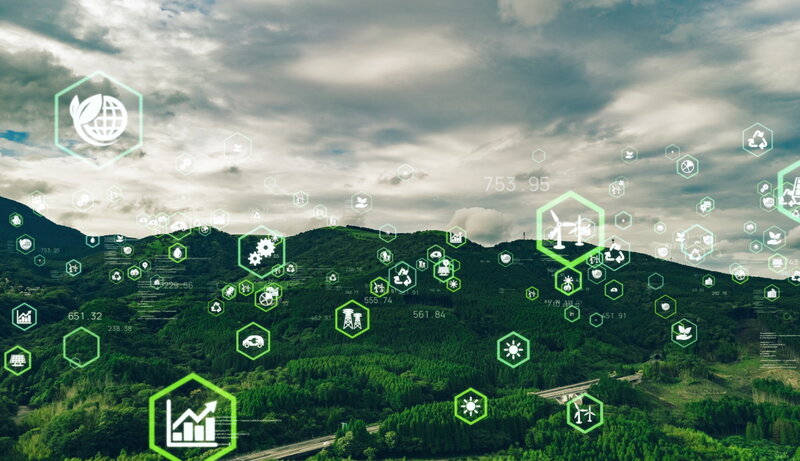Ecodesign and energy labelling are in some constellations good tools to reduce the environmental impact of appliances. However, they should be considered very carefully. They are the impetus to develop standardised methods that allow better comparability of appliances and machines. This aspect is highly welcome, but the bureaucratic effort required is unreasonable for our industry. We also see no benefit for customers in the introduction of energy labels. The economic effects of the pandemic and climate change must be countered effectively and not with even more bureaucracy. The pandemic has transformed the provision of food through delivery services and changed public life in inner cities. The entire industry is working on these disruptive changes.
The manufacturers of catering equipment are predominantly medium-sized companies. Bureaucratic burdens related to ecodesign such as EPREL, labelling, product passport, testing effort and documentation in general are disproportionately high for manufacturers with small-scale production in a wide product range.
Energy consumption throughout our industry is surveyed, but ecodesign should be considered on a product-specific basis. So far, considerations of this approach have been too general, taking into account energy consumption without considering the specific energy needs of catering equipment for its primary purpose. One thing is already being overlooked: The professional sector already has an efficiency advantage. Due to a high food output per cooking unit, a professional kitchen has a smaller ecological footprint compared to the private sector.
Measures or testing methods that lead to confusion and mixing between household and professional are detrimental to our business. It must be possible to meet industry-specific requirements such as the number of food preparations, conditions in the work flow with different cooking or preparation processes depending on the working personnel and operability, different hygiene requirements, etc. in the long term. Food preparation in a hospital at the weekend must be more effective with fewer staff than during the week, in a restaurant it must be fast but of high quality, etc. These issues are constantly evolving and could not be brought under a common denominator until now.
Here is a market of professionals for professionals who know about energy consumption and environmental impact and take this into account in the purchasing situation.

